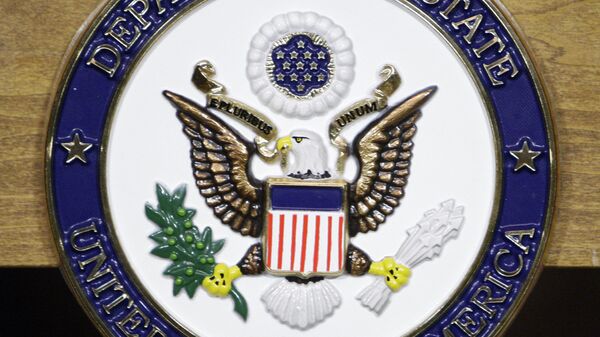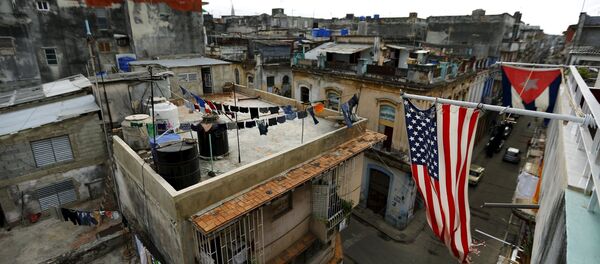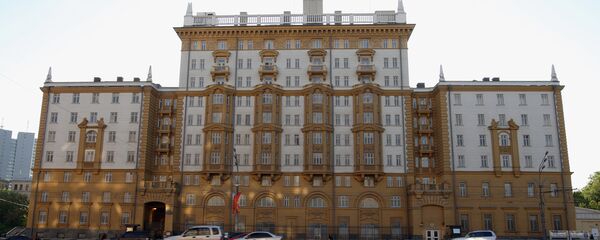CNN reported, citing several senior State Department officials, that an alleged “acoustic attack” had left at least two US diplomats with serious health problems, so serious that they had to be brought back to the US for treatment. The Cuban authorities deny any wrongdoing though.
“Nothing Unusual”
In an interview with Sputnik, Russia’s ex-Deputy Foreign Minister Sergei Ordzhonikidze said that the story about the alleged “acoustic attack” on US diplomats in Cuba simply holds no water.
He did admit, however, that in the course of his diplomatic work he and his colleagues had had their share of US electronic surveillance both inside and outside their offices and apartments.
“There is nothing unusual in all this. The Americans used eavesdropping electronic devices to scan the building we worked in, which, by the way, produced a very harmful electromagnetic effect on us,” Ordzhonikidze said.
He added that the accusations against Havana reflect the Trump administration’s U-turn in relations with Cuba and its attempts to bring propaganda and other pressure to bear on its leaders.
Poor Things
About a year ago, The Washington Post wrote about Russian spooks allegedly shadowing US diplomats, breaking into their apartments and even pissing “right on the carpet in our dining-room,” as one of the “harassed” diplomats put it.
Adding to a litany of US diplomatic woes, the newspaper also accused Russia’s Federal Security Service of putting the very lives of US diplomats on the line.
According to The Washington Post, a US diplomat, believed to be in the service of the CIA, was assaulted by one of the Russian police officers guarding the US mission.
What really happened was that the police officer had asked a suspicious-looking person to show his ID.
“Instead, the man hit the officer in the face and, amid the ensuing commotion, sneaked into the embassy building,” Foreign Ministry spokeswoman Maria Zakharova later explained.
As if that was not enough, Radio Liberty claimed that the despicable Russian secret service agencies had poisoned two American officials with diplomatic passports during a counterterrorism conference in St. Petersburg in 2015. According to Washington, some “immobilizing” substance was added to the drinks the two consumed at the bar of the hotel they stayed in.
Making the whole story even more blood-curdling, the moment one of the victims was brought to the hospital for diagnosis all the lights in the building suddenly went out.
Deputy Foreign Minister Sergei Ryabkov then said that Moscow had immediately contacted Washington asking it to substantiate the complaint only to be left in the dark even about the names of the unfortunate victims of “Russian poisoning.”
A quick check of St. Petersburg hospitals revealed that no Americans had applied for medical help during that period of time.
“If [the two Americans] had a drop too much hanging out at the hotel bar, they have no one else to blame but themselves,” Ryabkov noted.
Russia’s Foreign Minister Sergei Lavrov then chimed in complaining about the problems Russian diplomats have to deal with while in Washington.
Lavrov said that the money was “put to good use” and was now “working for the benefit of the Russian state.”
Hollywood Style
According to Maria Zakharova, during the 2016 presidential campaign in the US, the FBI launched “a Hollywood-style special operation blocking the car of a Russian consular worker.”
“They stopped the car and started telling the diplomat that he was not supposed to watch the voting process, even think about it,” Zakharova added.






